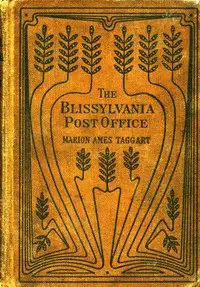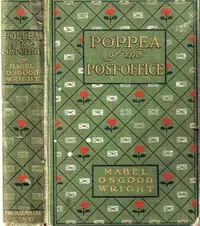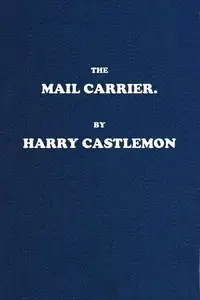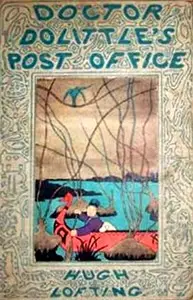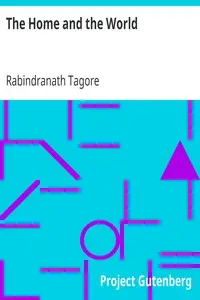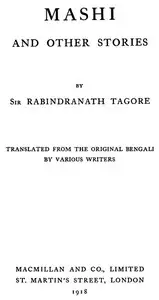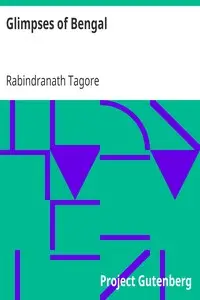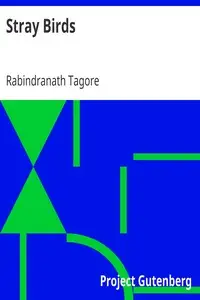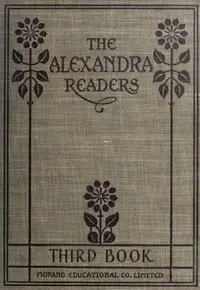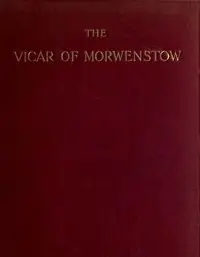"The Post Office" by Rabindranath Tagore is a thought-provoking play set in the early 1900s that explores what it means to be a kid, what sickness does to you, and wanting to be free and connected to the world. Told in a simple, yet powerful way, the story follows Amal, a young boy adopted by Madhav, who is stuck inside because he is very ill. Although he's trapped indoors, Amal's mind is full of grand ideas, and he talks to people like a watchman and a flower girl named Sudha about going on adventures. Amal really wants to get a letter from the king because he thinks that means he'll get to do exciting things. His unwavering hope shines as things get tougher for him, making us think about what it means to be free and how much we need each other, even when things are hard. As the king's royal messenger shares that the king will arrive the audience is left to think about freedom and the bonds of love.

The Post Office
By Rabindranath Tagore
Trapped by illness, a young boy's vibrant imagination and yearning for connection lead him to dream of a royal letter that promises freedom.
Summary
About the AuthorRabindranath Tagore was a Bengali poet, writer, playwright, composer, philosopher, social reformer, and painter of the Bengal Renaissance. He reshaped Bengali literature and music as well as Indian art with Contextual Modernism in the late 19th and early 20th centuries. Author of the "profoundly sensitive, fresh and beautiful" poetry of Gitanjali, in 1913 Tagore became the first non-European and the first lyricist to win the Nobel Prize in Literature. Tagore's poetic songs were viewed as spiritual and mercurial; where his elegant prose and magical poetry were widely popular in the Indian subcontinent. He was a fellow of the Royal Asiatic Society. Referred to as "the Bard of Bengal", Tagore was known by the sobriquets Gurudeb, Kobiguru, and Biswokobi.
Rabindranath Tagore was a Bengali poet, writer, playwright, composer, philosopher, social reformer, and painter of the Bengal Renaissance. He reshaped Bengali literature and music as well as Indian art with Contextual Modernism in the late 19th and early 20th centuries. Author of the "profoundly sensitive, fresh and beautiful" poetry of Gitanjali, in 1913 Tagore became the first non-European and the first lyricist to win the Nobel Prize in Literature. Tagore's poetic songs were viewed as spiritual and mercurial; where his elegant prose and magical poetry were widely popular in the Indian subcontinent. He was a fellow of the Royal Asiatic Society. Referred to as "the Bard of Bengal", Tagore was known by the sobriquets Gurudeb, Kobiguru, and Biswokobi.

